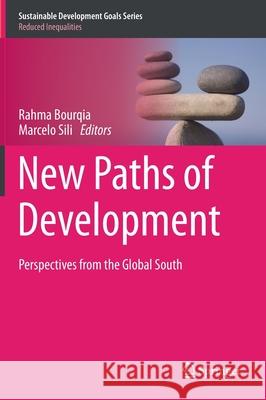New Paths of Development: Perspectives from the Global South » książka
topmenu
New Paths of Development: Perspectives from the Global South
ISBN-13: 9783030560959 / Angielski / Twarda / 2020 / 228 str.
New Paths of Development: Perspectives from the Global South
ISBN-13: 9783030560959 / Angielski / Twarda / 2020 / 228 str.
cena 523,30
(netto: 498,38 VAT: 5%)
Najniższa cena z 30 dni: 501,19
(netto: 498,38 VAT: 5%)
Najniższa cena z 30 dni: 501,19
Termin realizacji zamówienia:
ok. 22 dni roboczych.
ok. 22 dni roboczych.
Darmowa dostawa!
Kategorie:
Kategorie BISAC:
Wydawca:
Springer
Seria wydawnicza:
Język:
Angielski
ISBN-13:
9783030560959
Rok wydania:
2020
Wydanie:
2021
Numer serii:
000812045
Ilość stron:
228
Waga:
0.63 kg
Wymiary:
25.4 x 17.78 x 1.42
Oprawa:
Twarda
Wolumenów:
01
Dodatkowe informacje:
Wydanie ilustrowane











